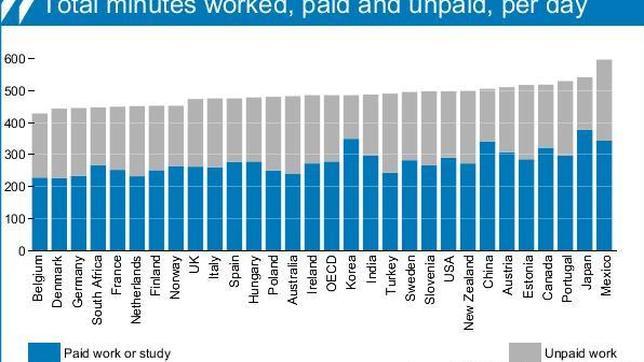Sanaa .- Opposition to the Yemeni regime has given its approval to the plan proposed by the six nations comprising the Gulf Cooperation Council (GCC), which provides that the incumbent president, Ali Abdullah Saleh, hand over power to his vice president within one month after signing the plan with the opposition forces.
"We have our own to plan the GCC after our brothers in the Gulf and our American and European friends have given us all the guarantees that hindered our acceptance," Agence France Presse said a spokesman Mohamed Qahtane opponent. Qahtane added that the Common Front, a coalition of opposition in the Yemeni parliament, had communicated his position on Monday, GCC Secretary General, Abdellatif Zayani.
On Saturday, opposition to the regime Saleh, who holds the power in the country for more than three decades, had communicated his position to accept the plan of the coalition in the Gulf and had been distrusted by a clause providing for a government national reconciliation under the leadership of President Saleh.
That same day, the General People's Council (GPC), the presidential party, had announced its intention to accept the 'Road Map' devised by the GCC. The Gulf guidelines prepared by the GCC plan provides for a government led by the opposition. Once approved, Saleh responsible political forces opposed to the government form a national reconciliation Executive within a week.
At 29 days of the implementation of the agreement, the Chamber of Deputies approved a law setting out the immunity of the outgoing president and his staff, as required by the dictator as a condition of its abandonment. According to schedule, the next step would be Saleh's resignation for his vice president, who is in charge of organizing presidential elections in two months and come shortly after the new constitution to be submitted to a referendum after the legislative elections. 


"We have our own to plan the GCC after our brothers in the Gulf and our American and European friends have given us all the guarantees that hindered our acceptance," Agence France Presse said a spokesman Mohamed Qahtane opponent. Qahtane added that the Common Front, a coalition of opposition in the Yemeni parliament, had communicated his position on Monday, GCC Secretary General, Abdellatif Zayani.
On Saturday, opposition to the regime Saleh, who holds the power in the country for more than three decades, had communicated his position to accept the plan of the coalition in the Gulf and had been distrusted by a clause providing for a government national reconciliation under the leadership of President Saleh.
That same day, the General People's Council (GPC), the presidential party, had announced its intention to accept the 'Road Map' devised by the GCC. The Gulf guidelines prepared by the GCC plan provides for a government led by the opposition. Once approved, Saleh responsible political forces opposed to the government form a national reconciliation Executive within a week.
At 29 days of the implementation of the agreement, the Chamber of Deputies approved a law setting out the immunity of the outgoing president and his staff, as required by the dictator as a condition of its abandonment. According to schedule, the next step would be Saleh's resignation for his vice president, who is in charge of organizing presidential elections in two months and come shortly after the new constitution to be submitted to a referendum after the legislative elections.



- Yemen Parties to Sign Accord on Saleh Exit, Basendwah Says (26/04/2011)
- Scattered Yemen Protests Continue Despite Transition Accord (26/04/2011)
- Two more die as Yemeni forces fire on protesters (25/04/2011)
- Yemeni Opposition Approves Deal to Oust President (26/04/2011)
- "Yemen’s opposition backs GCC plan" and related posts (26/04/2011)
No comments:
Post a Comment